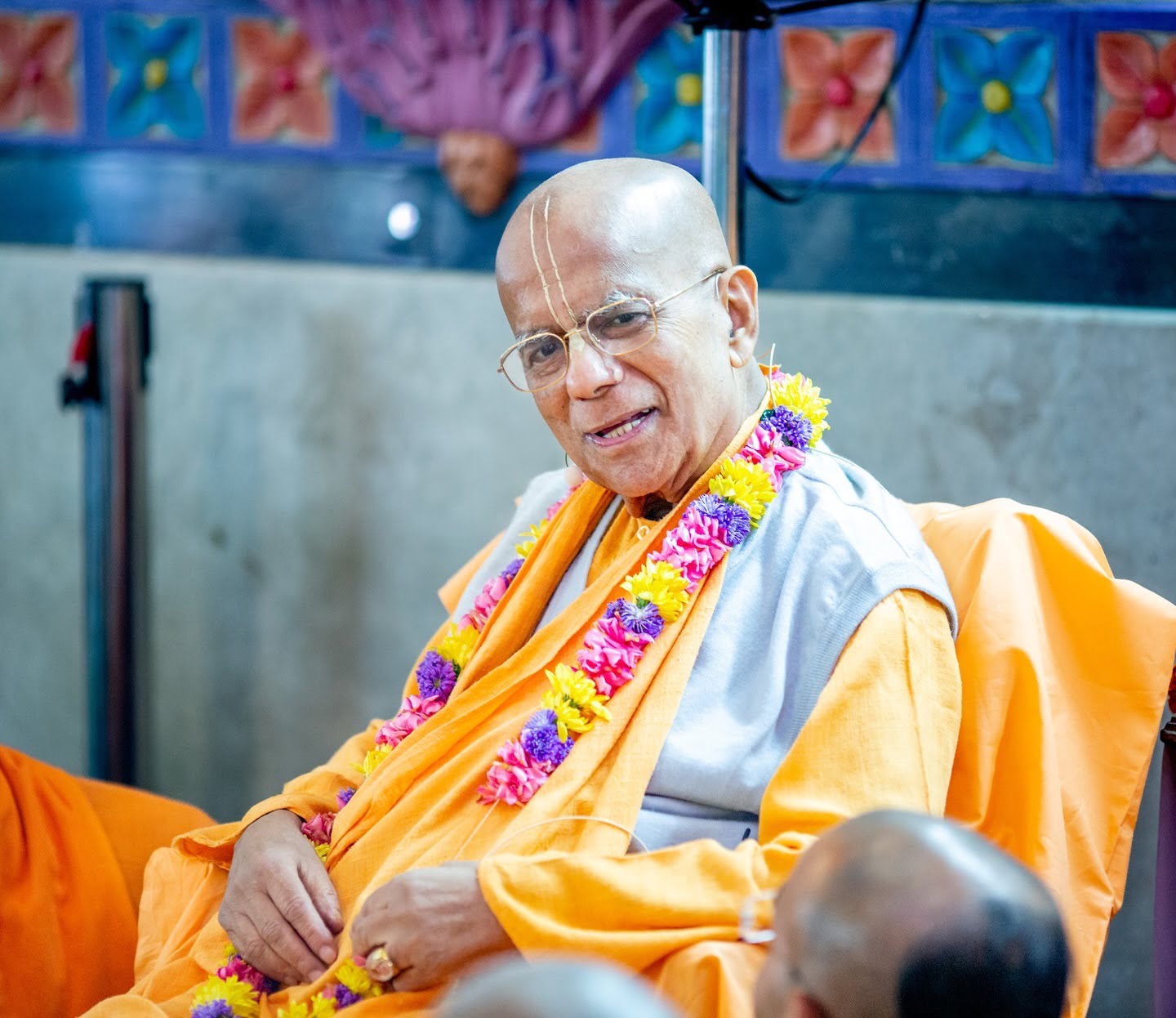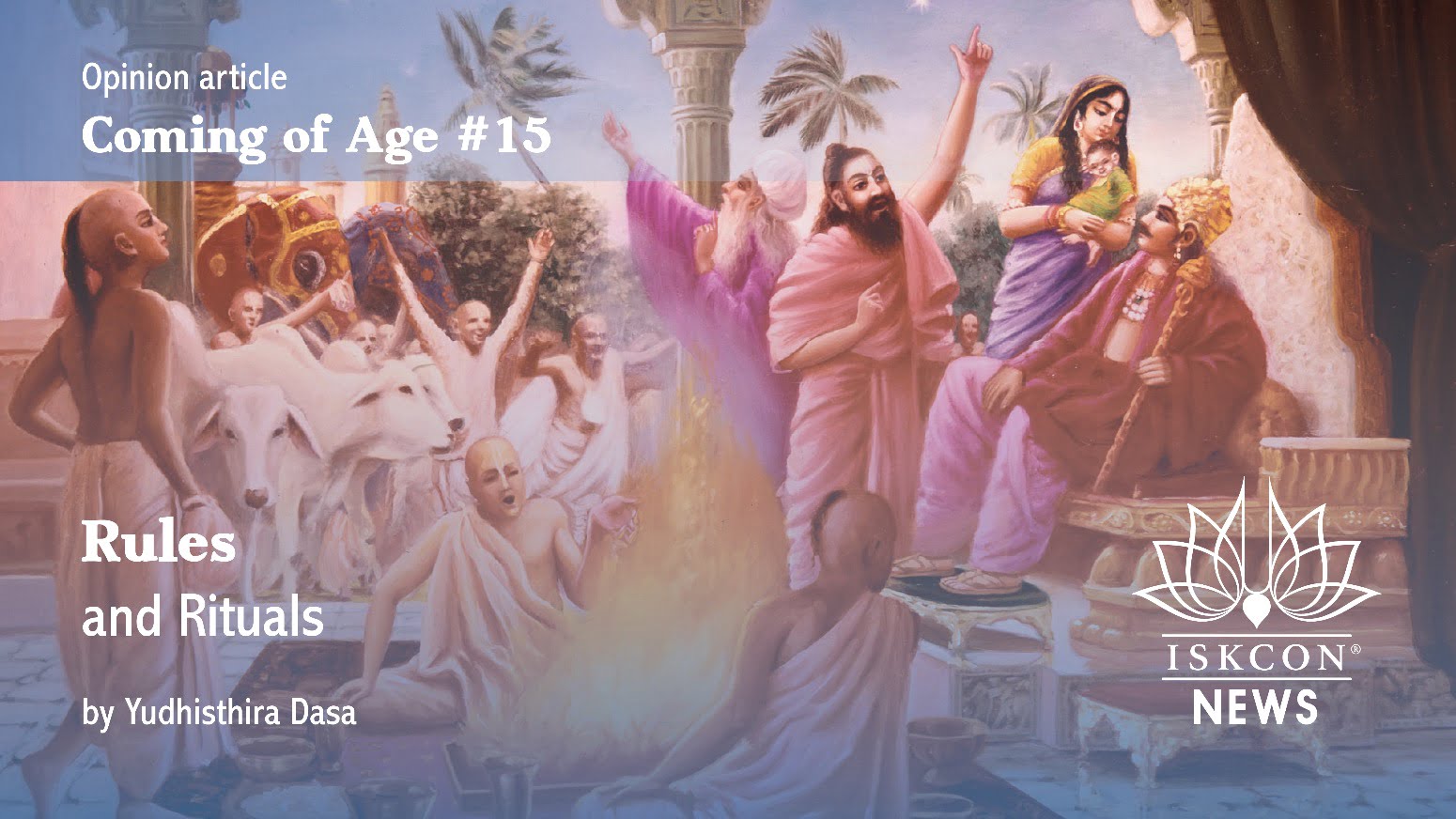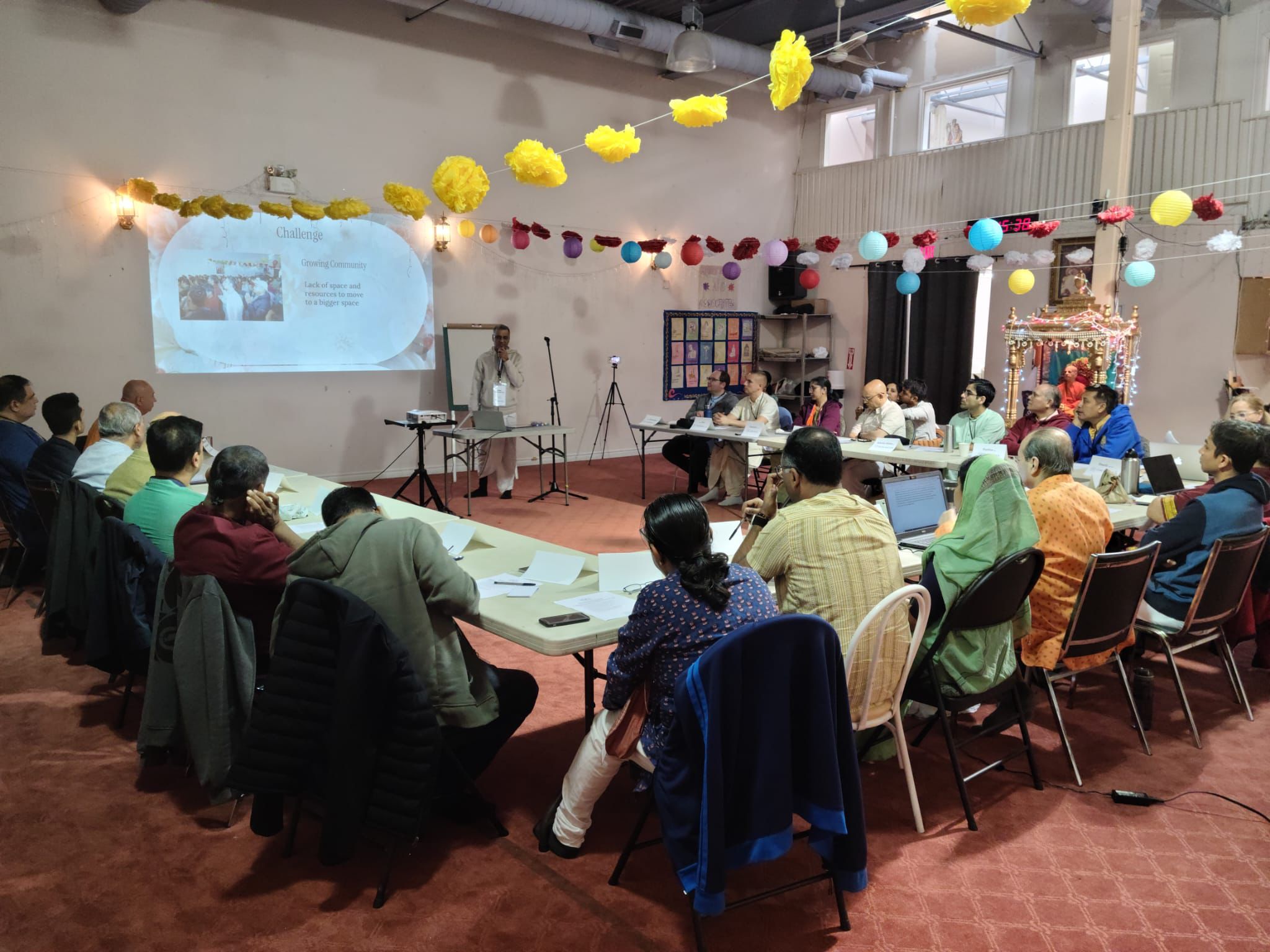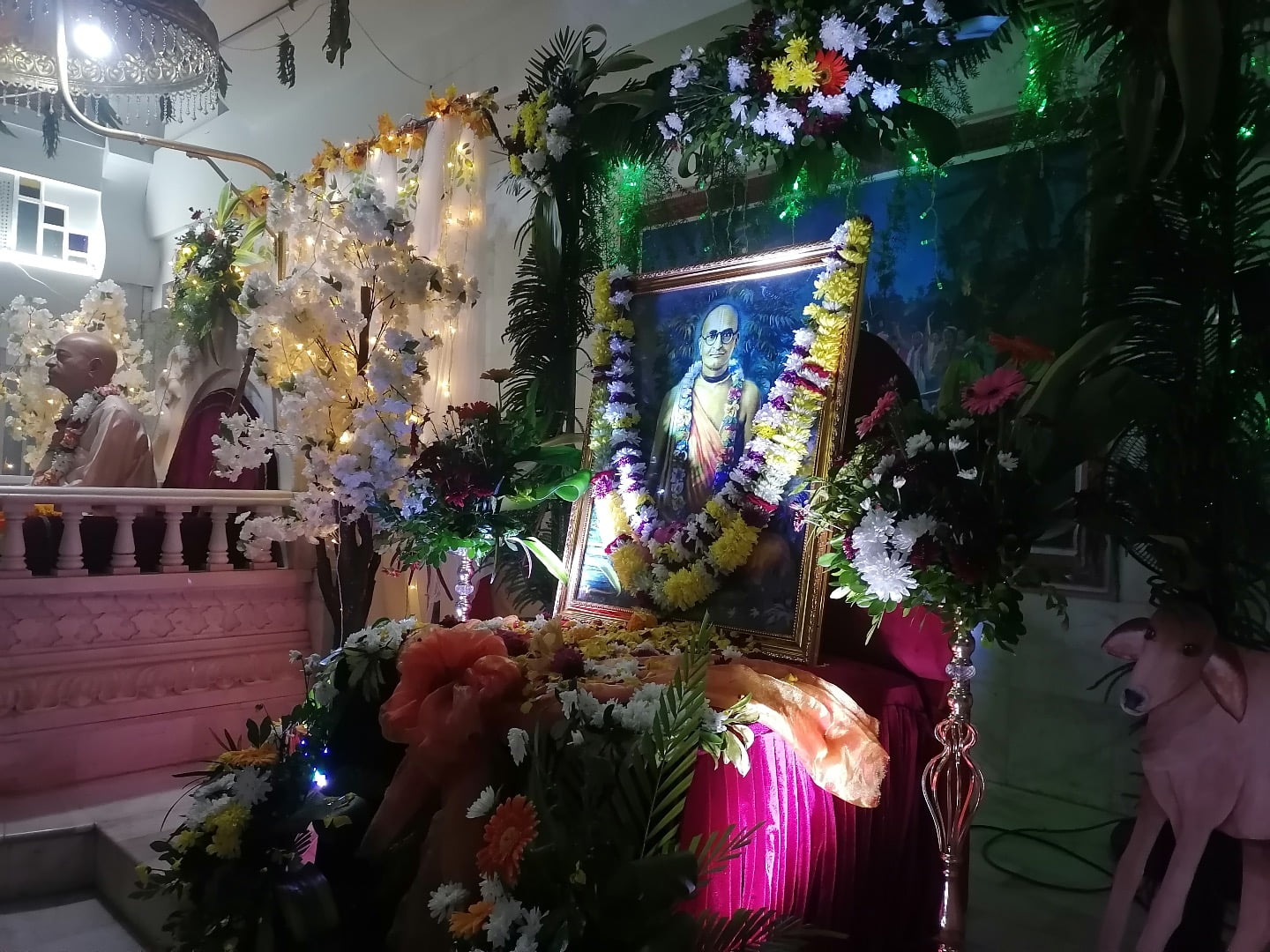The Bhagavad Gita and the Problem of the Ego
By Ramnath Subramanian | Oct 02, 2010
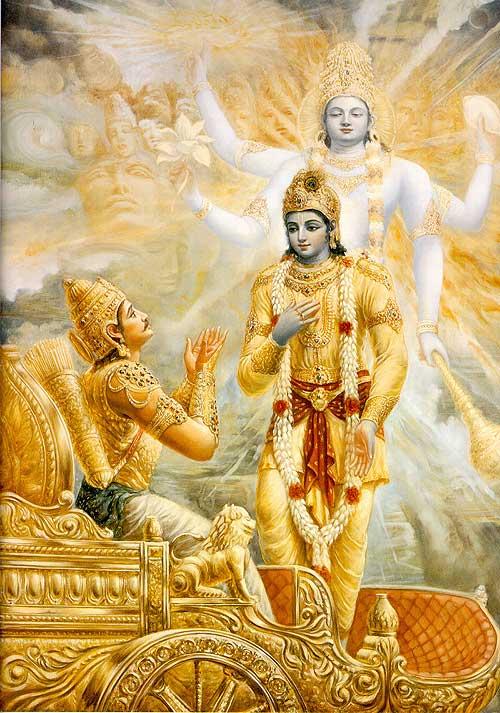
In 2007 I attended a talk at Cornell University by Dr. Steve Weinberg, the 1979 Nobel Laureate in physics for his work on electromagnetic and weak forces, on the topic of “Science and Religion.” Dr. Weinberg did not mince any words when he categorically stated that religion is the cause of major problems in today’s world. Science, he stated, has proven to be objective in its outlook, and it only speaks the beneficial truth.
As I returned to my dorm after the talk, I mulled over Dr. Weinberg’s statements. As a young seeker, I looked towards both physics and religion for answers to the big questions about the purpose of my existence. I was often puzzled by the fact that every person that I admired on both sides seemed to have a different version of what life ought to be, what a “good” man is, how to live, and so on. It became quite apparent to me that both science and religion could be used for positive transformational work and for the perpetration of deeply hurtful activities, and both had the capacity to explain “truth” in deeply philosophical and practical ways. It was not a question of which was better; it was more a question of who used it and for what purpose. It became evident that the core problem in this debate is that of the human nature itself — its hopelessly self-fulfilling side called the ego.
Modern psychology has been wrestling with the vast territory of the human ego for a great while now, and its complexity continues to mystify us. Even before I learned about Freudian ideas on the ego, I first encountered the concept of the ego explicitly mentioned in the Bhagavad Gita, India’s classic text on yoga and spiritual wisdom. According to the Gita, there is a fundamental difference between “real” ego and what it defines as the “false” ego. Real ego is our very essence, the consciousness that makes us aware and awake to reality. The false ego is a false identity crafted to preserve the sense of being the most significant and the most important all the time. In short, it is a narcissistic search for being loved, validated and appreciated. This is what we generally refer to as the ego. The Gita further describes the subtleties of the ego and how it manifests moment to moment in our thoughts, words and deeds.
Read the rest here: http://www.huffingtonpost.com/ramnath-subramanian/bhagavad-gita-ego_b_739653.html






